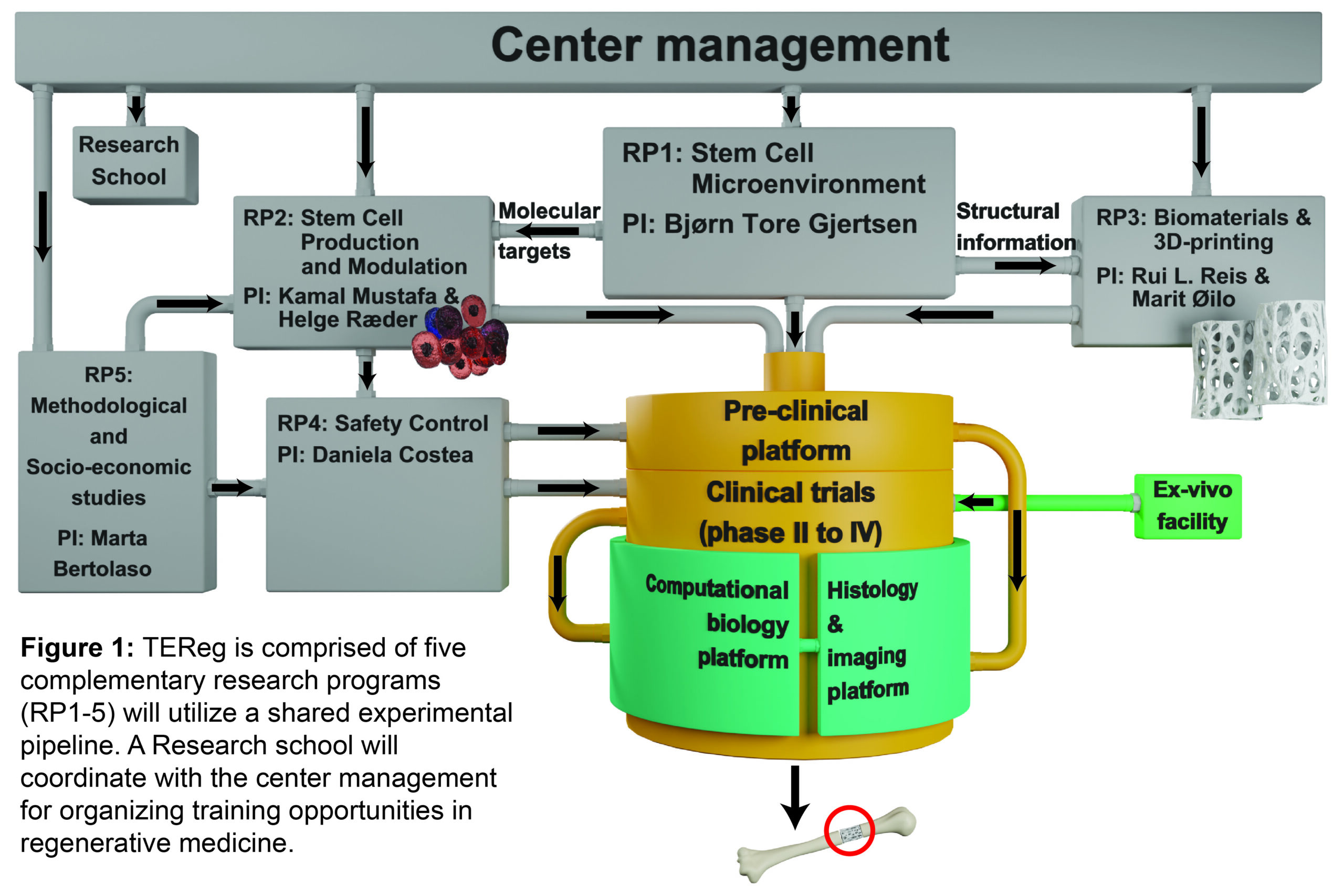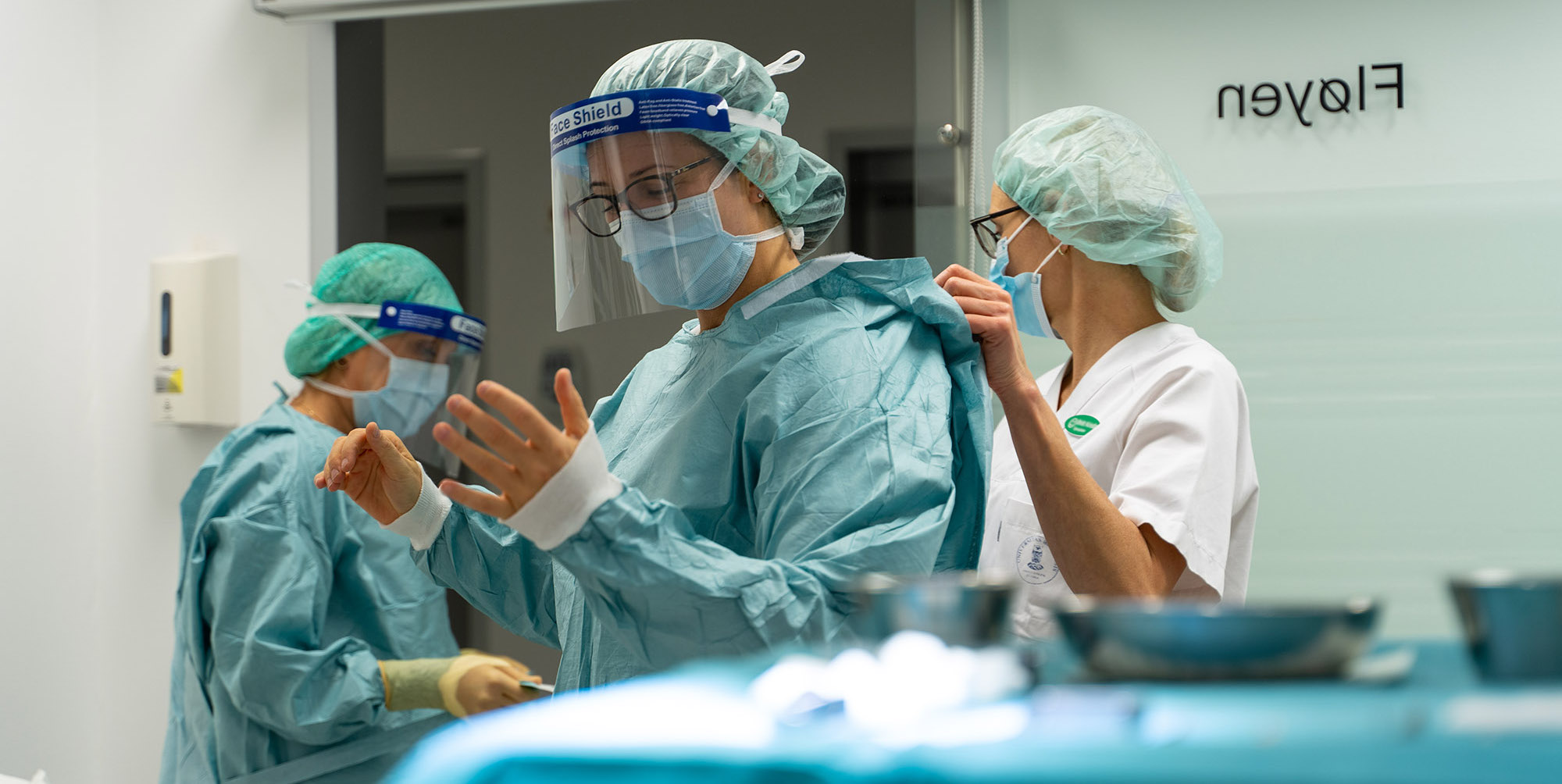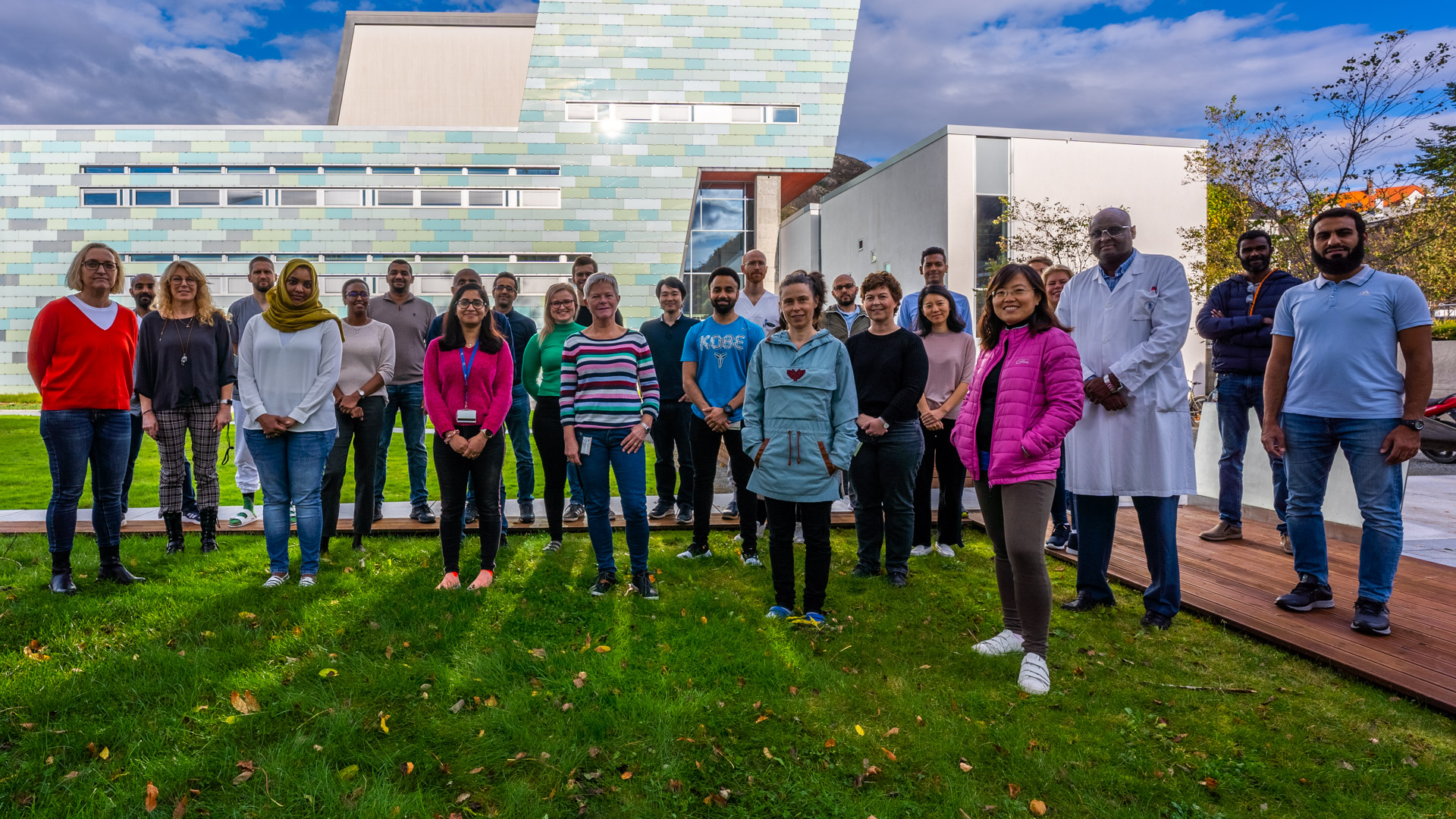The proposed Norwegian Centre of Excellence in Tissue Engineering and Regenerative Medicine (TEReg) will combine several disciplines, and develop new concepts and ideas to further accelerate scientific breakthroughs. We have a unique experience in combining stem cell research with clinical trials, and this has established us as a leading research group in our field.
As of 2020, five stem cell-based therapies are undergoing clinical trials in Bergen including a randomized controlled multicenter phase III trial (Maxibone). This achievement is unique in Europe and we have been able to translate a laboratory idea into clinical practice. The main objective of TEReg is to develop a platform technology for regenerative medicine, which on one hand fulfils basic requirements, and on the other hand can be personalized to the specific patient’s situation.
The overall concept of TEReg is the combination of cell therapy, using mesenchymal stem cells (MSCs) with novel biomaterials, innovative 3-D structural design, biomanufacturing and therapy. Currently, there are significant engineering challenges in upscaling laboratory process designs into clinically effective, safe and economically viable competitive products.
The center will be positioned to translate scientific discoveries to clinical applications – and to industry. TEReg is the result of substantial research efforts invested into a collaboration between UiB and Haukeland University Hospital (HUS). We want to change the standard of care for incurable diseases, allowing regenerative medicine to become a cost effective therapy, preferable to current approaches.
Because we have help from industry partners, our vision is to introduce stem cell-based treatment as a routine therapy at hospitals within 5-10 years.
Of special interest: TEReg plans future clinical trials using allogeneic cells. Preclinical studies are essential to identify biomarkers for selecting the most suitable donors, to develop pre-clinical data to ensure safety and efficacy on allogenic cells in order to prepare a first in man study. Research partners will contribute to the fields of molecular and cell biology, material sciences, nano-technology, scaffold synthesis and bioreactor-technology, while a combination of SMEs and larger industry partners will bring in knowledge in upscaling from “lab to market”.



